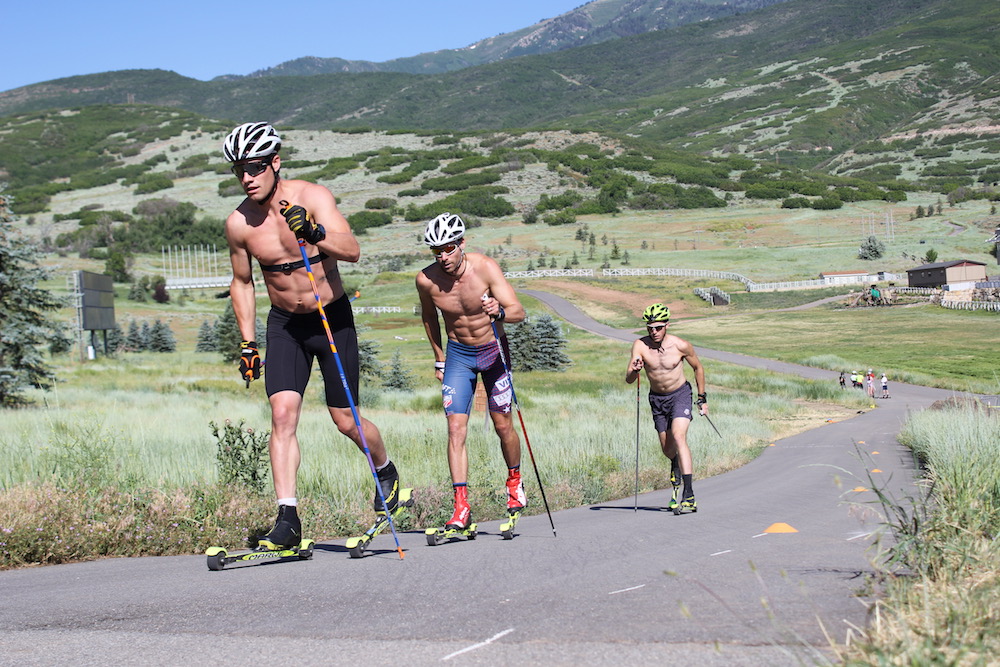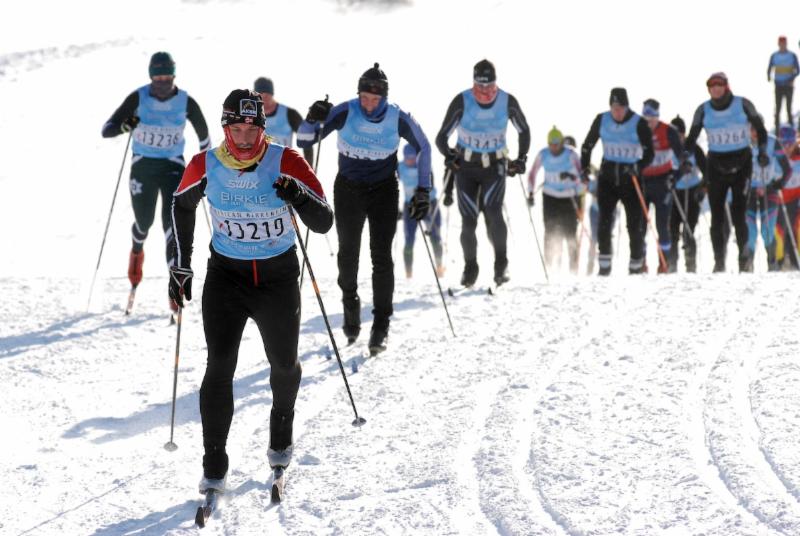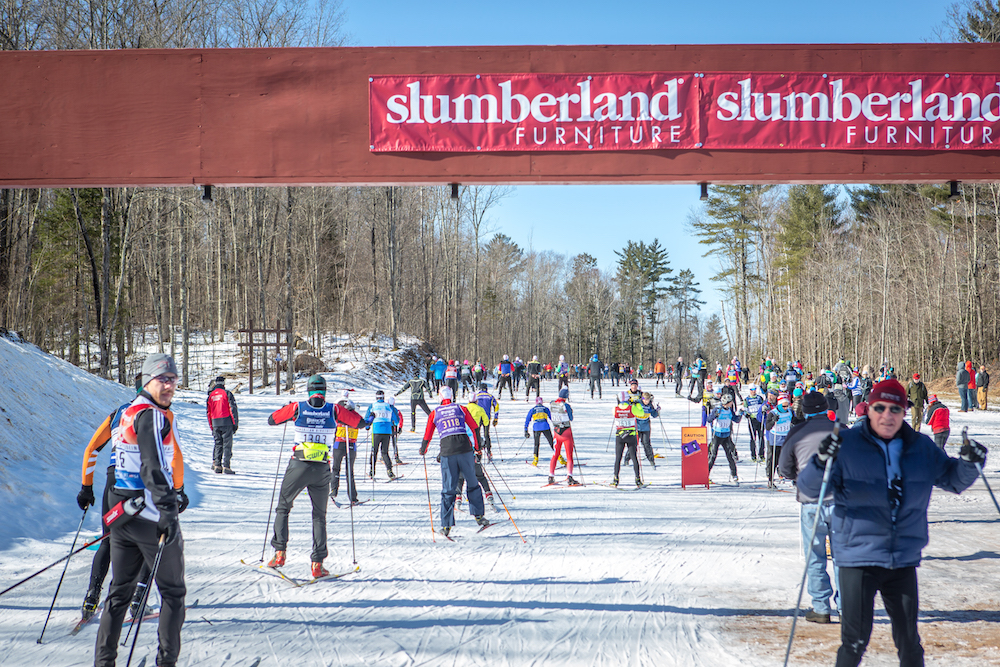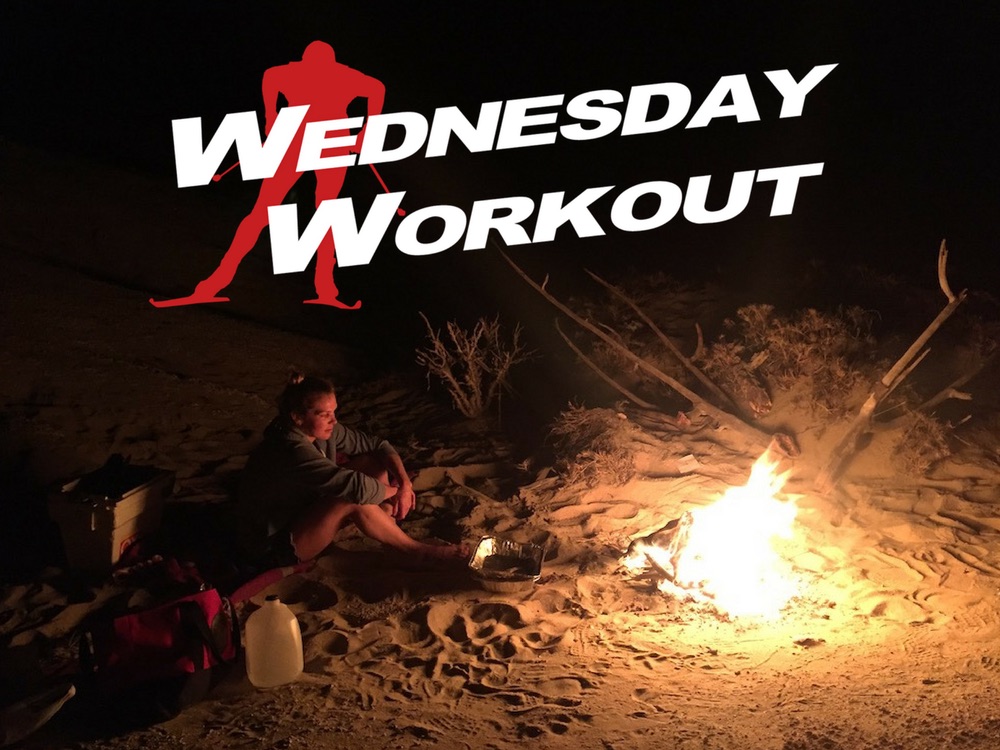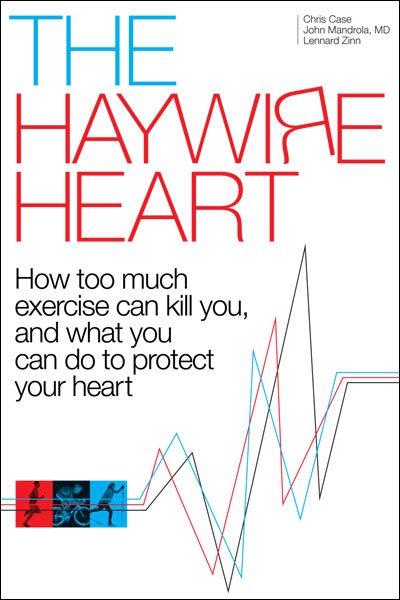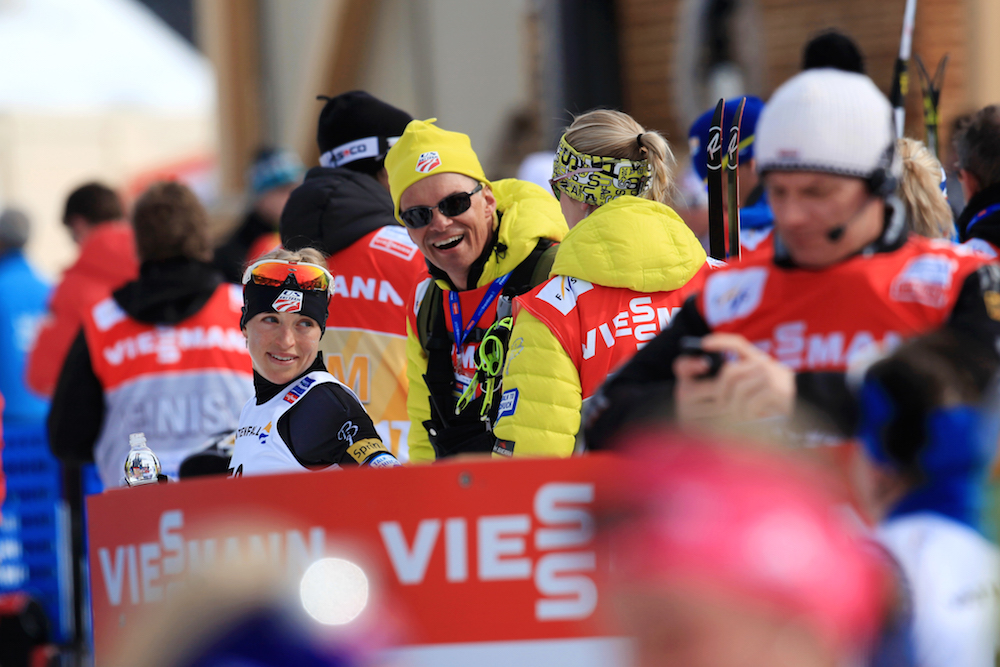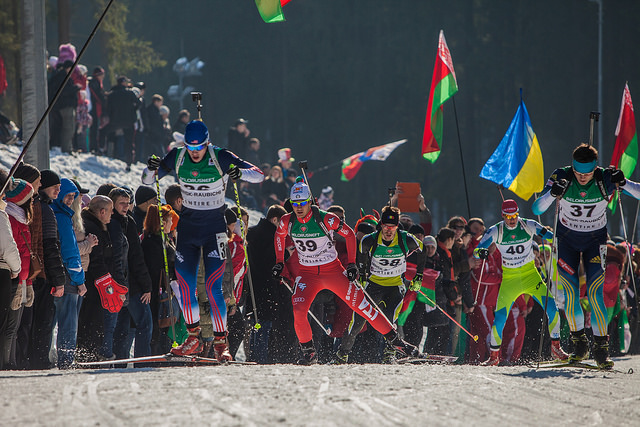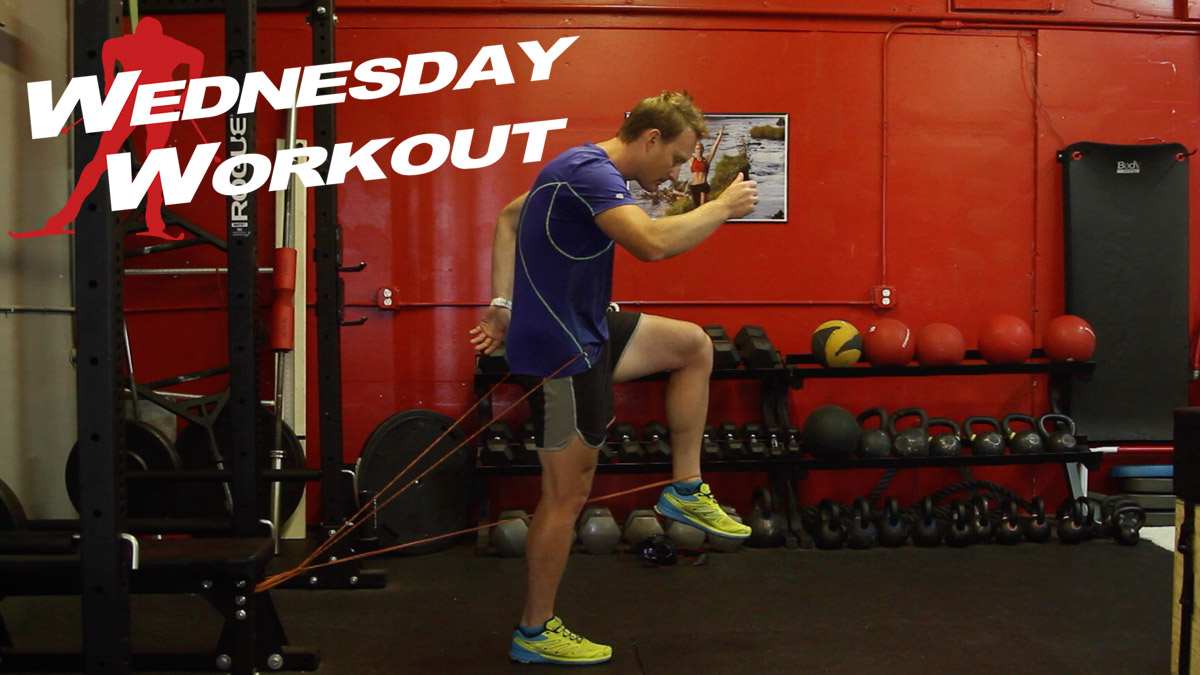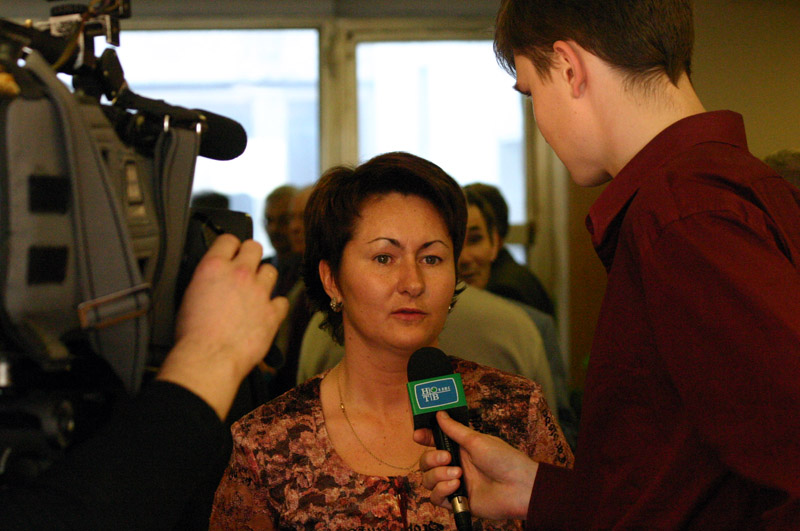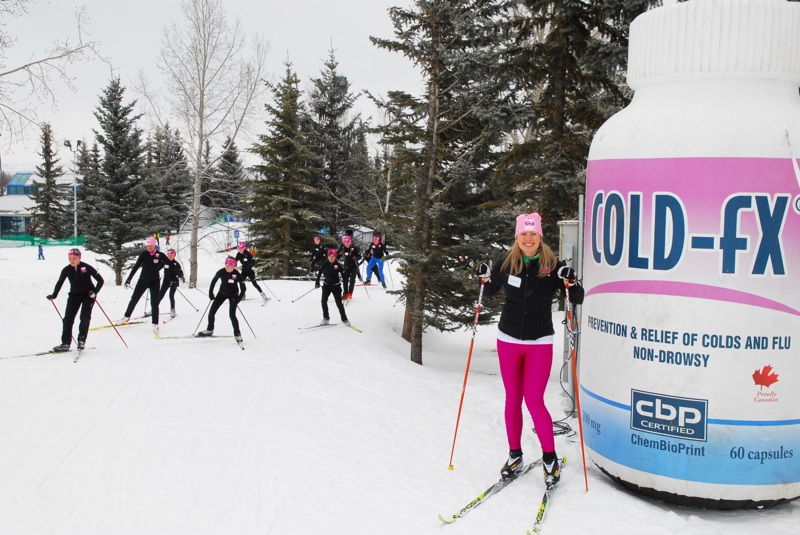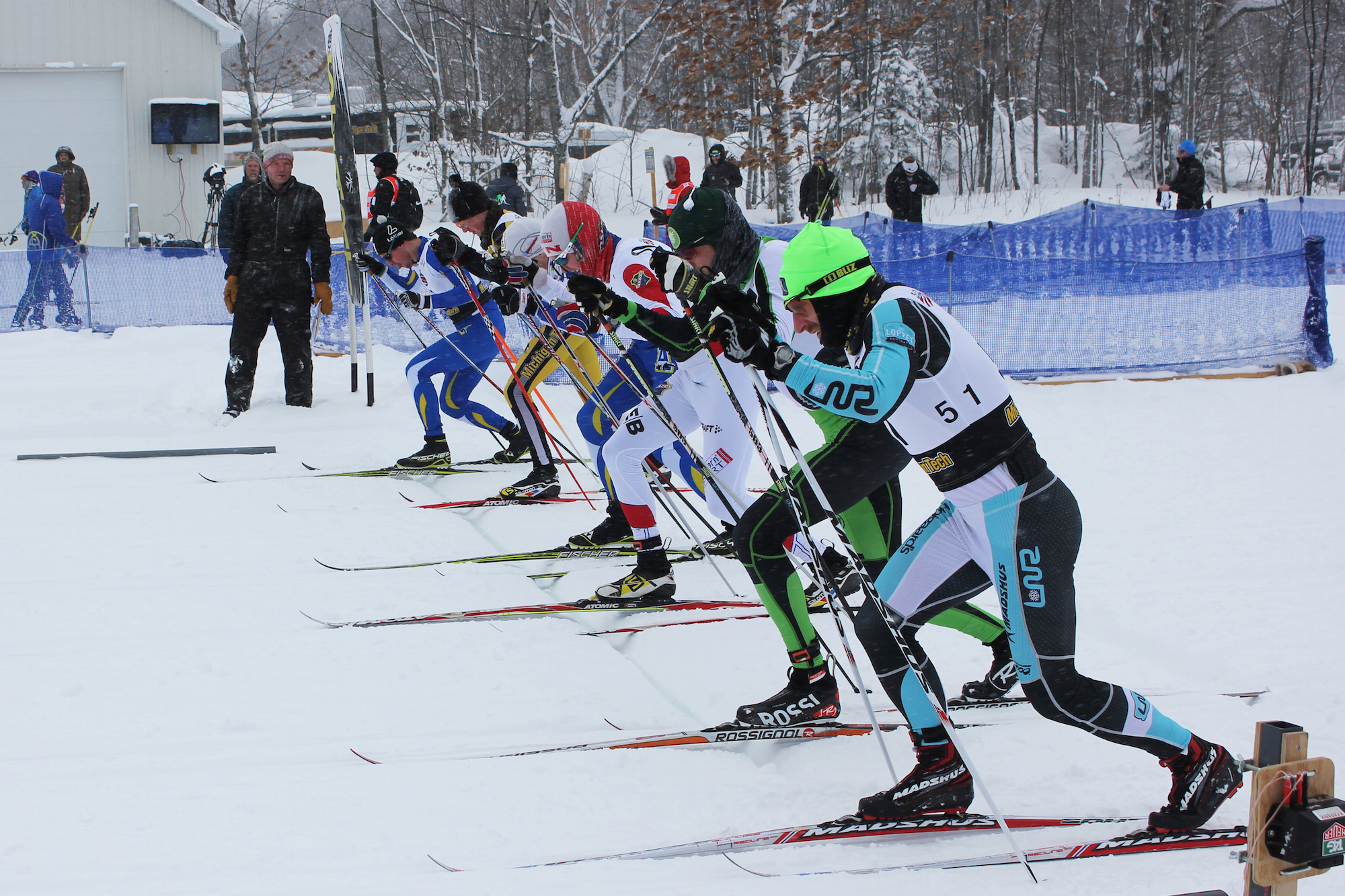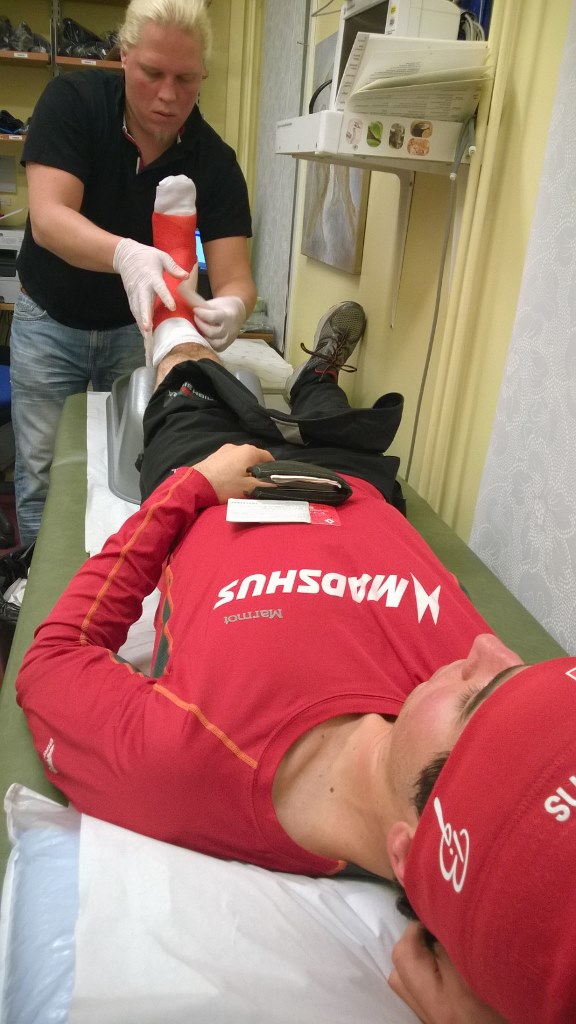What Weird Heart Rate Monitor Numbers Mean (or Don’t) About Arrhythmias
Athletes engaging in big volumes of endurance exercise are at some increased risk of heart problems – compared to those who do moderate exercise. The level of that risk is under debate. At the same time, recreational athletes using heart rate monitors during their training will sometimes see numbers go up as high as 220 or 225 beats per minute (bpm). Such racing heartbeats are called tachycardia, and some of the possible underlying causes can...

